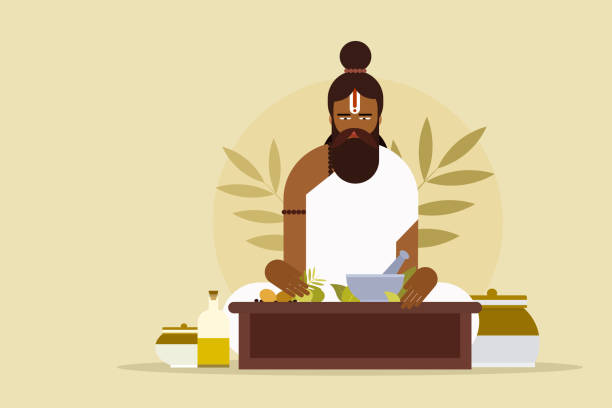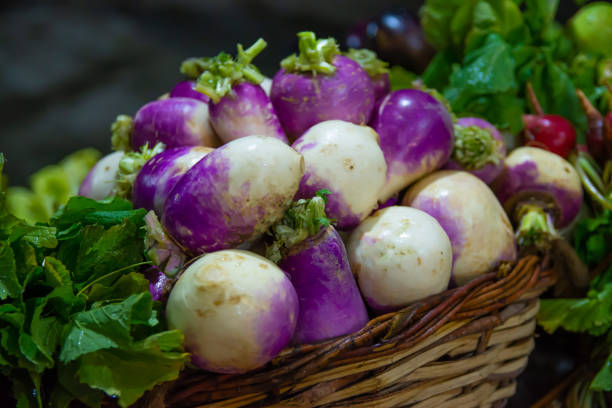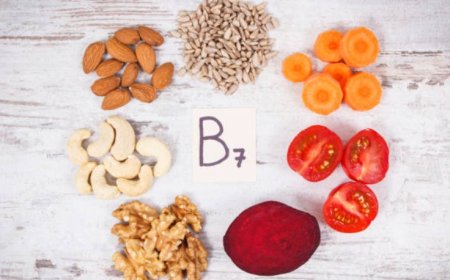Understanding Siddha Treatment: An Ancient South Indian Medical System
Exploring Principles, Diagnosis, Treatment Modalities, and Regulatory Status

It seems you might be looking for information about "Siddha treatment."
Siddha medicine is a traditional system of medicine that originated in South India, particularly Tamil Nadu. It is one of the oldest medical systems in the world. The term "Siddha" itself means "perfection" or "accomplishment," referring to the ancient Siddhars (spiritual scientists) who developed this system.
Here's a brief overview of Siddha treatment:
Core Principles:
- Three Humors (Vatham, Pitham, Kapham): Similar to Ayurveda, Siddha believes that the body is composed of three fundamental humors that govern physiological and pathological processes. Imbalances in these humors are considered the root cause of diseases.

- Seven Basic Constituents (Udal Kattugal): These are the structural and functional components of the human body: plasma (rasam), blood (ruttiram), muscle (mamsam), fat (koluppu), bone (elumbu), nerve tissue (moolai), and semen/ovum (kuruthi).
- Diagnosis: Siddha diagnosis involves a comprehensive assessment of the patient's pulse (naadi), urine (neerkuri), eyes (kan), tongue (naa), voice (mozhi), complexion (niram), and overall physical condition.
Treatment Modalities:
Siddha treatment utilizes a wide range of approaches, including:
- Herbal Medicine (Mooligai Maruthuvam): This is a primary aspect of Siddha, using a vast array of medicinal plants, often in complex formulations. The preparation of these medicines can involve various methods like decoctions, powders, oils, and pastes.

- Minerals and Metals (Thathu Maruthuvam): Siddha also incorporates purified and processed minerals and metals in its formulations. These are believed to have potent therapeutic effects but require careful preparation and administration.
- Animal Products (Jeeva Maruthuvam): Certain animal-based products are also used in Siddha medicine.
- Diet and Lifestyle (Pathiyam): Diet plays a crucial role in Siddha treatment. Specific dietary recommendations and restrictions are often prescribed based on the individual's constitution and the disease. Lifestyle modifications, including exercise and yoga, are also emphasized.
- Therapeutic Procedures (Puramarai Maruthuvam): These include external therapies like:
- Oil applications (Thailam): Medicated oils for various conditions.
- Heat therapy (Vedhu): Using steam or hot packs.
- Bandaging (Kattu): For fractures and sprains.
- Leech therapy (Attai Vidal): For bloodletting in specific conditions.
- Varmam therapy: A unique system of applying pressure to specific vital points in the body to influence energy flow and alleviate pain.
Scope of Treatment:

Siddha medicine is used to treat a wide range of acute and chronic conditions. Practitioners often specialize in particular areas.
Regulation and Recognition:
In India, Siddha is recognized as one of the six classical systems of Indian medicine under the Department of Ayurveda, Yoga & Naturopathy, Unani, Siddha and Homoeopathy (AYUSH), Ministry of Health and Family Welfare, Government of India.1 There are educational institutions and research organizations dedicated to Siddha medicine.
If you have a specific health concern or are interested in seeking Siddha treatment, it is crucial to consult a qualified and registered Siddha practitioner. They will be able to provide a proper diagnosis and recommend appropriate treatment based on your individual needs.
Could you please clarify if you had a specific aspect of Siddha treatment in mind? Knowing your specific interest will help me provide more relevant information.












































































































































































































